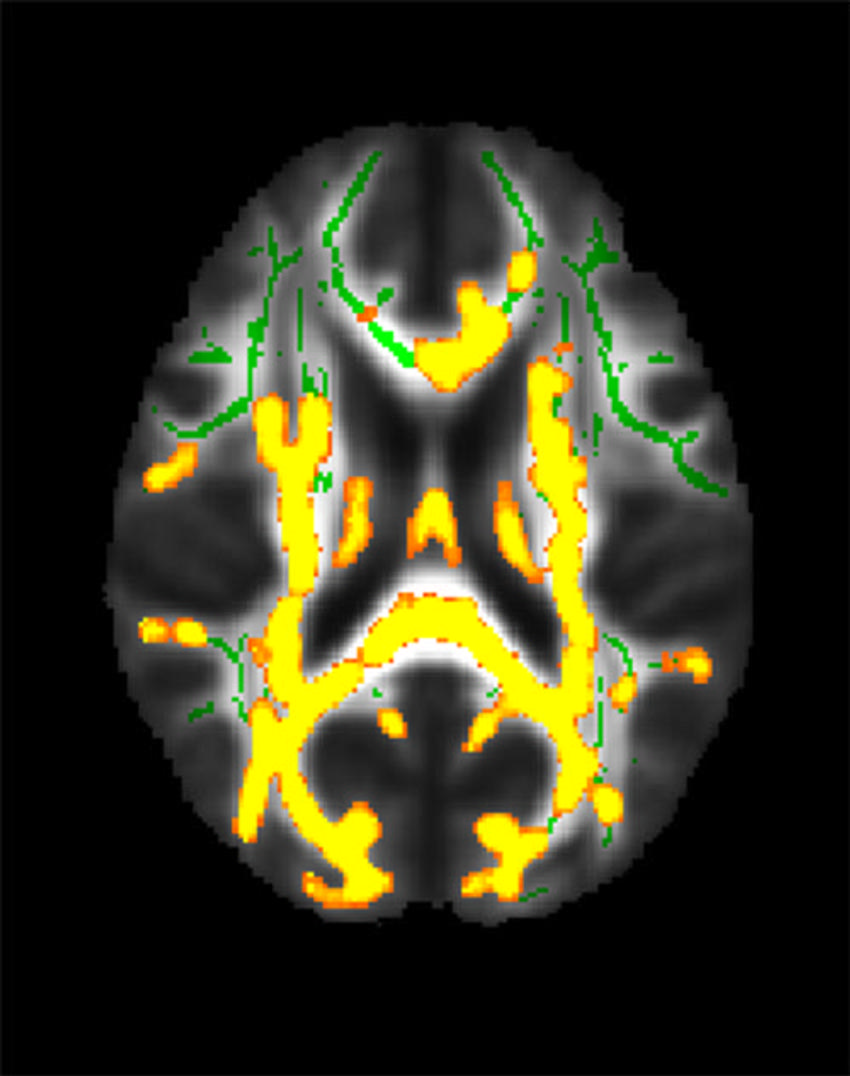Author Interviews, COVID -19 Coronavirus, Mental Health Research, Pulmonary Disease / 30.11.2024
Long Covid: RSNA Study Highlights Link Between Lung and Brain Function
MedicalResearch.com Interview with:
Sean B. Fain, Ph.D.
Professor and
Vice Chair for Research
Department of Radiology
Affiliate Appointments BME and ECE
University of Iowa
Iowa City, IA
MedicalResearch.com: What is the background for this study?
Response: This study uses MRI to investigate connections between lung and brain function. We employ an advanced MRI technique that uses hyperpolarized xenon gas as a contrast agent. This approach allows us to image which parts of the lung are effectively inhaling xenon gas and which parts are not (i.e. ventilation).
Additionally, xenon provides insights into lung gas exchange (i.e. oxygen transfer into and out of the blood), as it freely diffuses into alveolar tissue and binds to red blood cells. Using this technology, we hypothesized that the severity of lung injury in individuals with Long COVID would correlate with the degree of cognitive dysfunction and brain imaging.
(more…)




